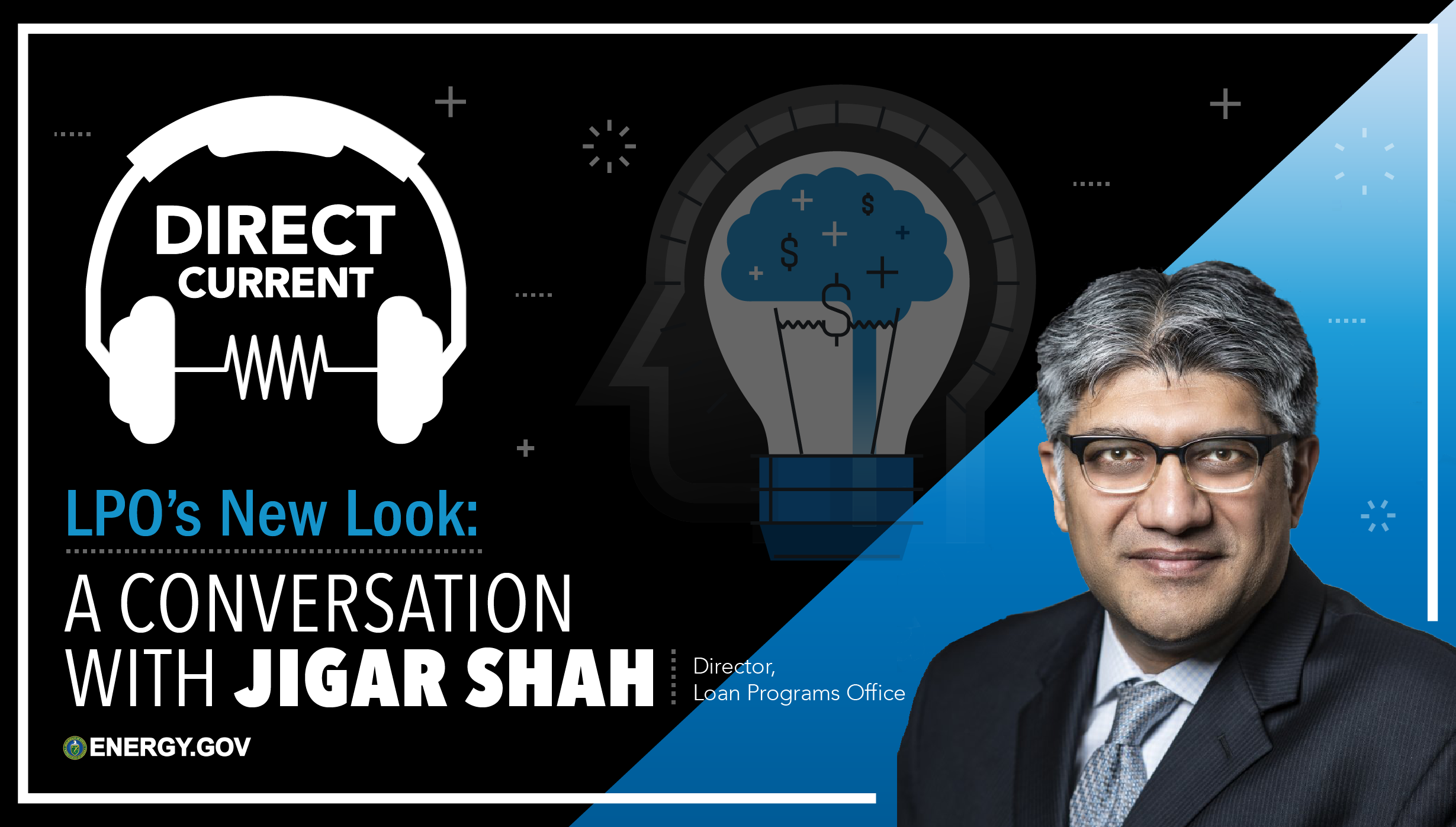Allegations of Conflict: Scrutiny Over Jigar Shah’s Role in $1.2 Billion DOE Loan
Transparency Concerns: Entek’s Support for Cleantech Leaders Forum Raises Ethical Questions
(According to Daily Caller), in a significant controversy Jigar Shah the Director of the Department of Energy’s Loan Programs Office (LPO) is under scrutiny for a proposed $1.2 billion taxpayer-funded loan to Entek a company linked both to his former trade association and his current federal office. This conditional commitment has triggered criticism from government watchdogs and Republican lawmakers who allege potential conflicts of interest. Shah who founded the Cleantech Leaders Roundtable before joining the Biden administration faces accusations of favoritism in directing substantial loans to entities associated with his prior and current affiliations.
Entek which focuses on electric vehicle components has supported the Cleantech Leaders Climate Forum closely associated with Jigar Shah’s career. This connection has raised concerns about fairness and transparency in how DOE funds are allocated. Similar concerns have been raised about other companies receiving loans from the LPO under Shah’s leadership suggesting possible favoritism toward firms connected to influential figures in the administration. Critics argue that these practices compromise the integrity of the loan approval process and cast doubt on the ethical standards governing government-backed financing initiatives.
READ ALSO: Atlanta E-Bike Initiative Offers Up To $2,000 Rebate: Apply Now!

$1.2 Billion Loan to Entek Raises Red Flags: Director of Energy Department’s Loan Office Under Fire for Potential Conflict of Interest! (PHOTO: Transport Topics)
GOP Lawmakers Demand Transparency on Jigar Shah’s Cleantech Ties Amid DOE Loan Controversy
Republican lawmakers led by Sen. John Barrasso and Rep. Cathy McMorris Rodgers have voiced apprehensions about potential conflicts of interest and have called for greater transparency regarding Shah’s ties to the Cleantech Leaders Roundtable. The ongoing investigations and mounting public scrutiny highlight broader concerns about the management of federal financing programs aimed at advancing green technologies. The outcome of these inquiries could have significant implications for future policies and practices within the DOE and similar agencies responsible for overseeing substantial financial investments in the clean energy sector.
READ ALSO: 14.31% Yield Alert: CBRE Global Real Estate Income Fund Announces $0.06 Per Share Dividend – Record Dates & Ex-Dividend Dates Revealed
















































